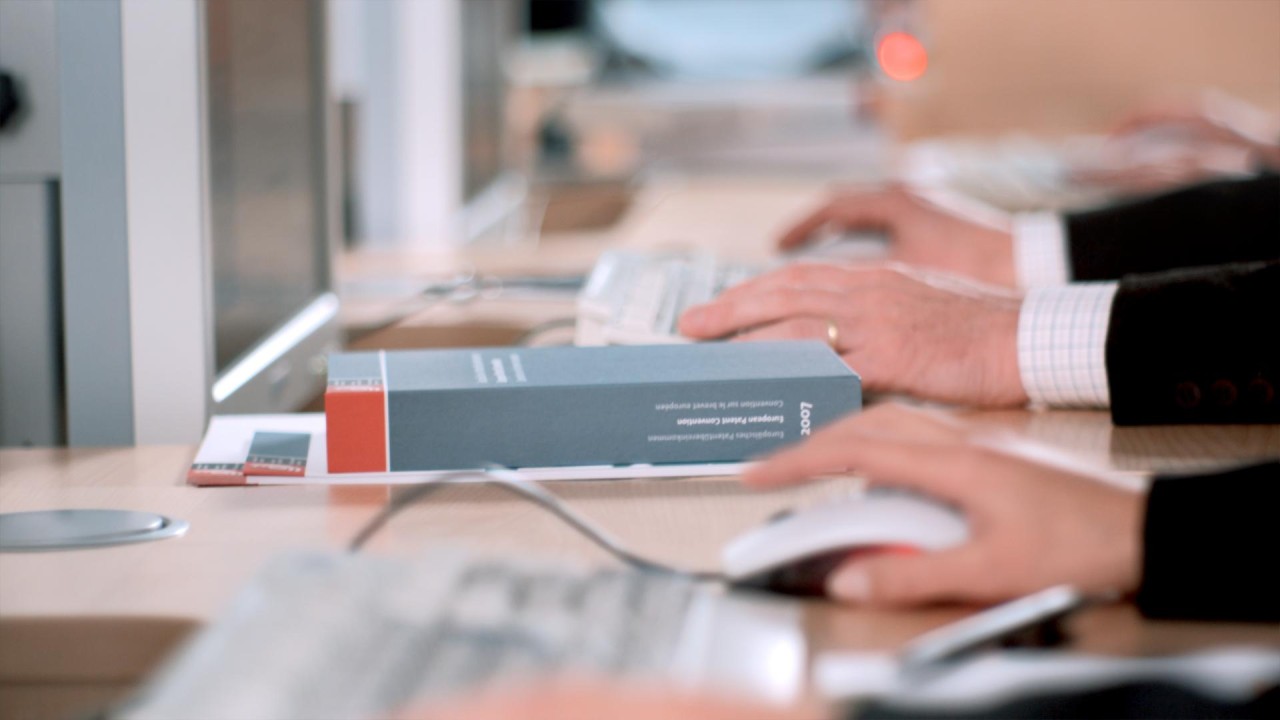
The European Patent Administration Certification – webinar report
The Chartered Institute of Patent Attorneys
CIPA is the professional membership and examining body for patent attorneys in the UK.
On 25 June 2024, three senior paralegals, Annemarie Parsons of Murgitroyd, Vicky Maynard of D Young & Co LLP, and Lucie Jones of Mewburn Ellis, gathered for an informal discussion about their knowledge and experience on the European Patent Administration Certification (‘EPAC’) .
Running its third round on 10 October 2024, the certification was introduced by the European Patent Office (‘EPO’) in 2022 for paralegals, patent administrators and formalities officers to demonstrate that they have the required knowledge and skills to deal independently and autonomously with EPO and PCT procedures. The webinar was filled with useful information and tips, and strategies to prepare for and take the exam.
A high-achieving examination
Vicky gave an insight into the creation of the EPAC and what it is aiming to achieve. She described the format of the exam as being in two parts – a morning session consisting of multiple-choice questions and an open questions paper in the afternoon, both designed to test the candidates’ knowledge of the syllabus. The syllabus includes the EPO procedure, from filing to search results, from entry into examination to validation, including the unitary patent and Unified Patent Court, and the PCT procedure and the entry into the regional phase.
A high achieving examination with historically a 30% pass rate, the candidate is required to pass the first paper of multiple-choice questions in order to have their open questions paper marked. Although candidates are not informed whether they have passed the morning paper before embarking on the open questions, Vicky stressed the importance of attempting the afternoon paper, even if a candidate was unsure as to their success in the first paper.
Vicky talked about how the results are announced and about the appeal process.
Strategies for preparing for EPAC
Lucie then talked about how a candidate might prepare for the examination and what resources are available. The free EPAC course on the EPO e-learning centre, which runs from March, is the first resource to refer to when preparing for the exam. It follows five modules and includes webinars, quizzes and downloadable slides which additionally include further reading recommendations from the EPO.
There is a lot of information in the course, but Lucie reassured candidates that not everything needs to be learned by heart. The key is to know where to find the information you need quickly.
Lucie also spent some time describing the two other main resources she used when taking the EPAC herself, alongside the course’s slides: the PCT Applicant’s Guide (EQE edition) and Visser’s Annotated European Patent Convention and recommended using them alongside EPAC-type questions to learn how to use them efficiently.
领英推荐
Lucie also shared links to websites providing useful training opportunities. Further resources mentioned were the CIPA webinars and LinkedIn, where many people post useful tips.
The EPAC examination
Annemarie then talked about how to register for the examination, which needs to be done in two steps. The first step is for candidates to set up a profile on the EPAC portal (easily accessed by an internet search for EPO EPAC) before 5 August for the 2024 edition of the exam. The second step is to enrol for the exam itself. The deadline for doing so, and pay the accompanying €100 fee, is 12 August 2024.
Once enrolled, candidates have access to the examination software WISEflow. A closed browser which can be tricky to set up, it gives access to tailored versions of the EPO legal texts and the PCT Guidelines. Annemarie also mentioned that whilst the WISEflow software does not allow candidates to access their own browser or computer files, the EPAC is an open exam, so candidates can have their own notes and non-electronic materials on their desk to refer to. Annemarie recommended printing an up-to-date EPO closed dates calendars and schedule of fees to have them to hand rather than having to go and search for them on WISEflow.
It was important to note that candidates are monitored during the exam by invigilators who watch to ensure that the exam rules are followed.
Another useful tip from Annemarie was for each question candidates must scroll down as far as you can go and ensure there are no further sub-questions lower down on the page, and make sure you read the questions well. Lucie shared examples of the two formats of questions that candidates may encounter in the exam.
The importance of reading each question thoroughly was reiterated, although it was advised candidates to be aware of the limited time available. It was also advised to look at how many points can be awarded for each question as it is a clue to how much information is expected.
The discussion ended with Lucie describing how much she got out of the experience of taking the EPAC and how useful she has found it, not only for her day-to-day work but also giving her the confidence to volunteer at CIPA and become a member of the Paralegal Committee.
If you are planning to take the EPAC this year, or considering it for the future, this webinar is a must-watch. It is available, together with the slides, on the CIPA website.
Additionally, since the webinar, the EPO has changed the marking rules for the first multiple-choice paper, now providing for 90 minutes duration (previously 60 minutes) and reducing the paper pass rate to seven questions (previously eight).
Report by Lucie Jones, a Paralegal at Mewburn Ellis and member of CIPA’s IP Paralegal Committee.